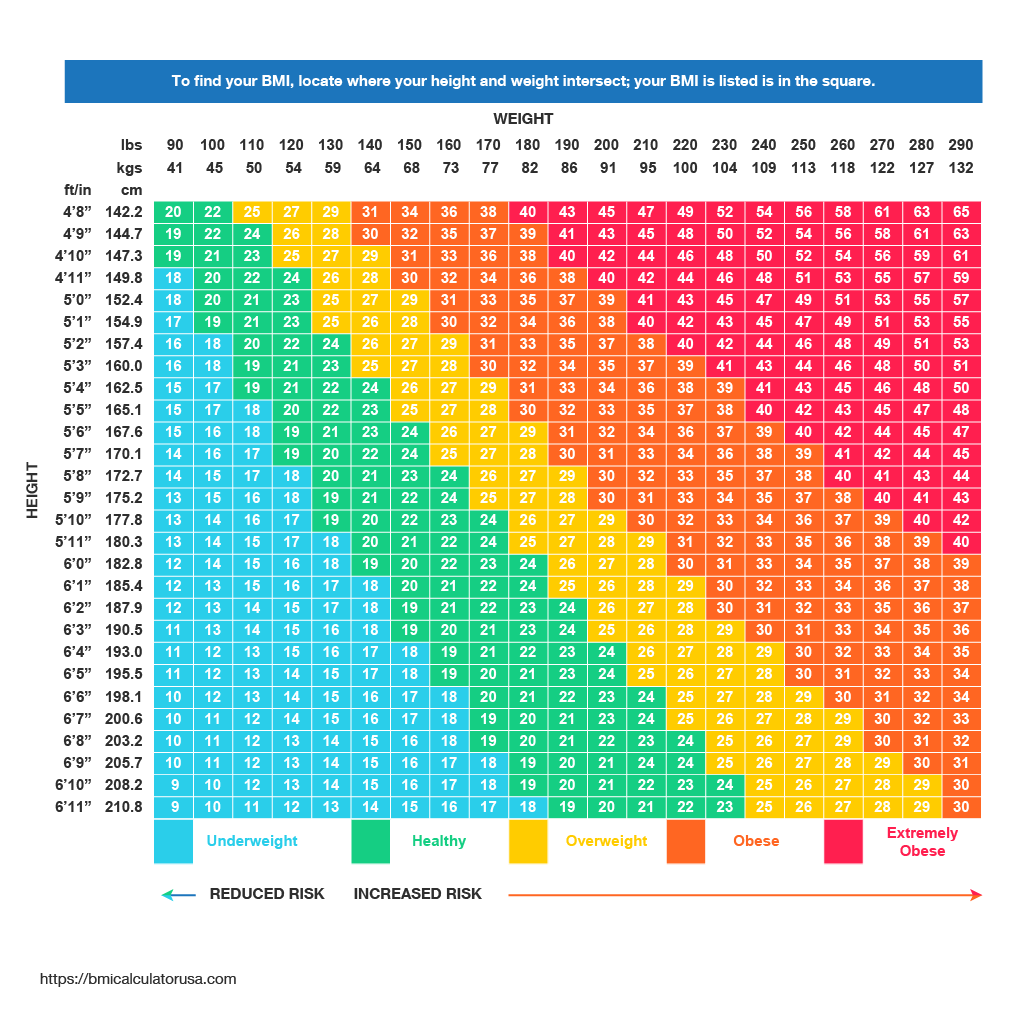“Wait, What’s My BMI Again?”: How One Woman’s Breakdown Turned Into a 63-Pound Breakthrough
“I thought I was fine—just curvy. But then my doctor showed me my BMI. I swear, I nearly fainted.”
That’s how 36-year-old Rochelle Greene, a former college athlete turned exhausted executive assistant, begins her story. And if you’re one of the thousands of women googling bmi calculator women every day, chances are, you’re about to have your own Rochelle moment.

“I Wasn’t Fat. I Was Busy.”
Rochelle wasn’t a stranger to weight gain. After her second child, she went from 152 lbs to 215 lbs. But between juggling school pick-ups, 60-hour workweeks, and a mother battling early-onset dementia, she had zero time for calorie counting.
“I knew I had gained weight, okay? My jeans told me every morning,” Rochelle laughs. “But I didn’t think I was in the danger zone until I saw that BMI number: 36.8. Obese Class II. That label slapped harder than any insult.”
And here’s the thing: BMI isn’t just a number. According to the CDC, anything over 30 falls into the obesity category. But for many women, the BMI calculator women search isn’t just clinical—it’s emotional. It’s about facing truths we’ve swept under a metaphorical Spanx-lined rug.
BMI Calculator Women: The One Tool Rochelle Wishes She’d Checked Sooner
Rochelle stumbled onto the NHLBI’s BMI calculator after that doctor’s appointment. “I typed in my weight, 215 pounds. Then my height—5’5. The screen flashed back 35.8. It felt like the scale was yelling at me.”
What makes BMI calculators for women so important? They’re straightforward. You enter your weight and height, and the tool tells you exactly where you stand. No guessing. No filters. Just facts.
Why it matters:
-
A BMI over 25? That’s overweight.
-
Over 30? Clinically obese.
-
Under 18.5? Underweight.
WebMD, CDC, and the American Cancer Society all use similar calculators, but Rochelle stuck with the NHLBI tool. “It felt the most official,” she says. “And it was the wake-up call I couldn’t ignore.”
The Turning Point: One Number, One Breakdown, One Decision
After crying in her car for a full 20 minutes—mascara everywhere, Chick-fil-A cup in hand—Rochelle decided to change. But not the “buy-an-elliptical-and-forget-it” kind of change. Real change. Measured change.
“I started tracking my BMI every Sunday morning. Religiously. I didn’t care if I only dropped 0.2. It was progress.”
Her goal? A BMI under 25. That meant getting down to around 150 lbs—a whopping 65-pound loss.
What Rochelle Learned About BMI and Women Along the Way
BMI doesn’t tell the whole story. It doesn’t account for muscle, bone density, or hormones. But for Rochelle—and for many other women—it’s a starting point. A brutally honest mirror.
“There were weeks where the scale didn’t budge, but my BMI did. That tiny shift? It kept me going.”
Three truths she swears by now:
-
“BMI is a guideline, not a prison sentence.”
-
“Every decimal point counts. Celebrate the 0.1s.”
-
“BMI calculators women-focused are like a GPS—maybe not perfect, but definitely better than driving blind.”
BMI Calculator Women Success Stories Aren’t Just Rochelle’s
She’s not alone. Scroll through any weight loss forum and you’ll find women like:
-
Dana, who used a BMI calculator to drop from 33.2 to 24.9 after a thyroid diagnosis.
-
Mira, a 58-year-old breast cancer survivor who tracked her BMI weekly to fight recurrence risks.
-
Jenna, a mom of three, who printed out her BMI chart and stuck it on her fridge next to the kids’ art.
“I wasn’t just chasing a number. I was chasing my life back,” Jenna posted in a Reddit thread that’s now saved in 3,200 bookmarks.
What Most Women Get Wrong About BMI
Let’s bust a few myths, shall we?
-
“BMI is outdated.” Not exactly. Sure, it’s not perfect, but it’s still widely used by major health organizations like the CDC, NHS, and Mayo Clinic for a reason.
-
“It doesn’t apply if you’re muscular.” True—to a point. But if you’re not a competitive lifter or athlete, it’s likely accurate.
-
“It’s just a number.” Maybe. But that number has serious implications: heart disease, stroke, fertility issues—all tied to BMI ranges.
So if you’re typing bmi calculator women into your search bar, know this: you’re not just clicking a calculator. You’re starting a conversation with your health.
Rochelle Today: 152 lbs, BMI 25.3, and Still Going
“I’m not at my ‘perfect’ weight yet,” Rochelle shrugs. “But I can run with my kids. I can chase them without wheezing. I sleep better. I smile more. My BMI isn’t just a number now. It’s a story.”
And she wants other women to know that they can rewrite theirs too—one click, one calculator, one week at a time.
FAQs About BMI Calculator Women Ask All the Time
1. What is a healthy BMI for women?
A BMI between 18.5 and 24.9 is considered healthy for adult women. Anything below or above this range may indicate underweight or overweight/obesity.
2. How often should women use a BMI calculator?
Monthly checks are helpful for tracking progress. Weekly can offer motivation, but daily may cause unnecessary stress due to fluctuations.
3. Are BMI calculators accurate for pregnant or athletic women?
Not entirely. Pregnancy and high muscle mass can skew results. Consult a healthcare provider for more personalized metrics.
4. Where can I find a reliable BMI calculator for women?
The NHLBI, CDC, and WebMD offer trusted tools. Look for calculators that ask for both height and weight and categorize results clearly.
5. Can BMI help with weight loss goals?
Yes. While BMI doesn’t track body fat, it offers a simple benchmark to measure weight status and track changes over time.
